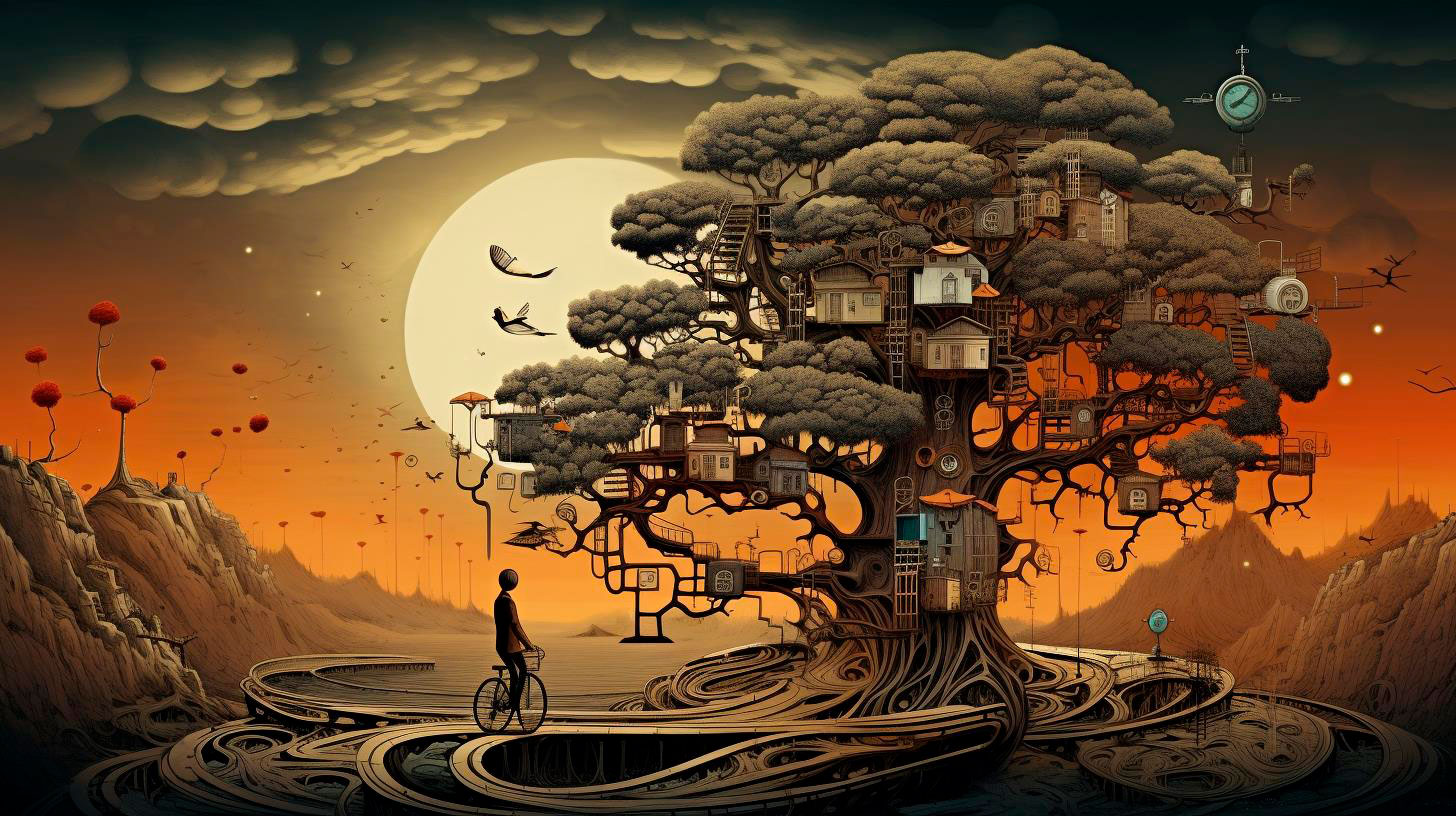Leveraging nuclear power can help countries achieve their renewable energy goals while reducing greenhouse gas emissions and ensuring a stable energy supply.
The Power of Nuclear Energy
Nuclear energy is the process of harnessing the immense power generated through the splitting of atoms in a controlled environment known as nuclear reactors. It is a proven and reliable technology that has been supplying electricity to millions of households worldwide for decades. Here are some key points highlighting the potential of nuclear energy:
- Nuclear power plants operate continuously at high capacity, ensuring a stable and consistent energy supply.
- Nuclear energy is highly efficient and generates large amounts of electricity from a small amount of fuel.
- Nuclear power emits virtually no greenhouse gas emissions during operation, making it a clean energy source.
- Nuclear power plants have a lifespan of around 40 to 60 years, providing long-term energy security.
Despite its numerous advantages, nuclear energy has faced its share of challenges and controversies. Concerns about safety, nuclear waste management, and the potential for accidents have led to public apprehension. However, advancements in technology and stringent safety regulations have significantly mitigated these risks, making nuclear energy a much safer option than in the past.
Nuclear Energy and Renewable Energy Goals
Renewable energy sources alone may not be sufficient to meet the growing energy demands of a rapidly developing world. To achieve ambitious renewable energy targets, countries must consider integrating nuclear power into their energy mix. Here’s how nuclear energy can contribute:
- Reliability and Baseload Power: Nuclear power plants provide a consistent supply of electricity, acting as a reliable baseload power source that complements intermittent renewable sources like wind and solar.
- Emissions Reduction: Nuclear energy can significantly reduce greenhouse gas emissions, helping countries transition to a low-carbon economy, meet climate goals, and combat climate change.
- Scalability: Nuclear power has the potential for further expansion, allowing countries to scale up their energy production to meet growing demands while maintaining a minimal carbon footprint.
- Diversification of Energy Sources: Utilizing a diverse and balanced energy mix, which includes nuclear power, helps reduce dependence on a single source and enhances energy security.
Developing countries striving to meet their increasing energy demands can benefit greatly from incorporating nuclear power into their energy strategies. Nuclear energy offers a reliable and sustainable option that can help bridge the gap between energy poverty and energy access.
Unlocking the Potential
To unlock the full potential of nuclear energy, governments and the energy industry must work together to address certain challenges:
- Investment in Advanced Reactor Technologies: Continued research and development in advanced reactor designs can improve safety, minimize waste, and enhance efficiency.
- Improved Public Perception: Engaging with the public and providing accurate information about the safety and benefits of nuclear energy is vital to overcome misconceptions and build support.
- Streamlined Regulations: Governments should establish clear and consistent regulations to facilitate the deployment of nuclear power, ensuring safety while minimizing unnecessary barriers.
By overcoming these challenges, nuclear energy can play a significant role in achieving renewable energy goals and fostering a sustainable future.
Unlocking the Potential for a Renewable Future
Nuclear energy, with its unique set of advantages, has the ability to complement and enhance the growth of renewable energy sources in the journey towards a sustainable and carbon-neutral future. By recognizing the benefits of nuclear power and addressing key challenges, countries can pave the way for an energy mix that combines the best of renewables and nuclear energy, ensuring a reliable, clean, and resilient energy system.
For more information on the potential and benefits of nuclear energy, visit the U.S. Department of Energy’s Nuclear Reactor Technologies webpage.
